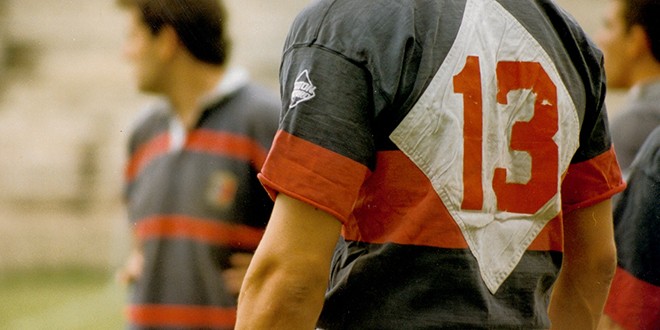 Martyn Sadler suggests a way forward in the debate about new league structures.
This week the Super League clubs will meet with representatives of the RFL to discuss the structure of governance of their competition, which they will do tomorrow (Tuesday),
Martyn Sadler suggests a way forward in the debate about new league structures.
This week the Super League clubs will meet with representatives of the RFL to discuss the structure of governance of their competition, which they will do tomorrow (Tuesday), 